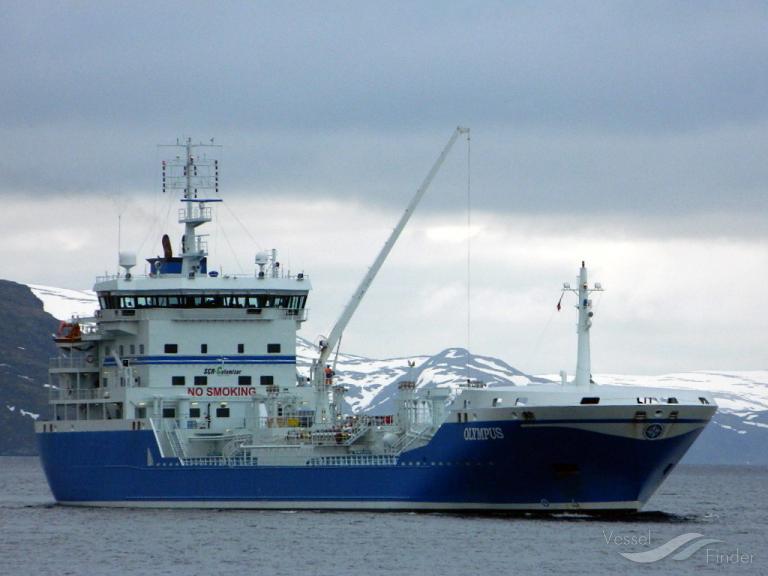In 2023 Preem will take the environmentally friendly tanker vessel Olympus on time charter. The Vessel will be an efficient addition to Preem’s commitment to sage and sustainable sea transportation of renewable commodities, with reduced environmental impact.

MT Olympus is a product/chemical tanker of 9,189 dwt / 10,692 cbm / 124,5 m loa / 18,0 m beam.
– The vessels design and equipment is first class and meets high demands with regards to safety, quality and efficiency, where a special focus lies in long term sustainability and low environmental impact. As a result of the SCR reactor connected to the main engine and the Catamiser to the auxiliary engines the CO2 emissions are heavily reduced, and the emissions of NOx can be kept below 2 g NOx/kWh.
The vessels advanced cargo handling systems, including very good heating and tank cleaning capacity makes MT Olympus especially well fitted for the various renewable feedstock grades that are forming the liquid fuels of today and in the future.
Thanks to the Catamiser technology residual heat is being recirculated and used onboard, which reduces energy consumption as well as emissions during loading and discharging in port. This is beneficiary both to the environment and to operating costs, explains Jonas Backman, MD of Sirius Shipping.
MT Olympus will be long term chartered to Preem mainly to supply green feedstock/renewable commodities, whilst also being able to distribute products. The Swedish flagged tanker with home port Donsö, Gothenburg, will be delivered into Preem’s service during second quarter of 2023.
"We are very pleased with the choice of this environmentally friendly tanker vessel. Preem’s sea transportations make up a large and important part of the company’s operations. This is why we have, as in all our procurement processes, put a lot of emphasis on the vessel meeting high sustainability demands, says Tryggve Berlin, Shipping Manager of Preem.
For Preem’s sea transportations ”slow steaming” is applied, meaning vessels adjust their passage speed to minimize time spent at anchor outside refineries and ports. This way lower fuel consumption, increased safety and reduced environmental impact can be achieved.